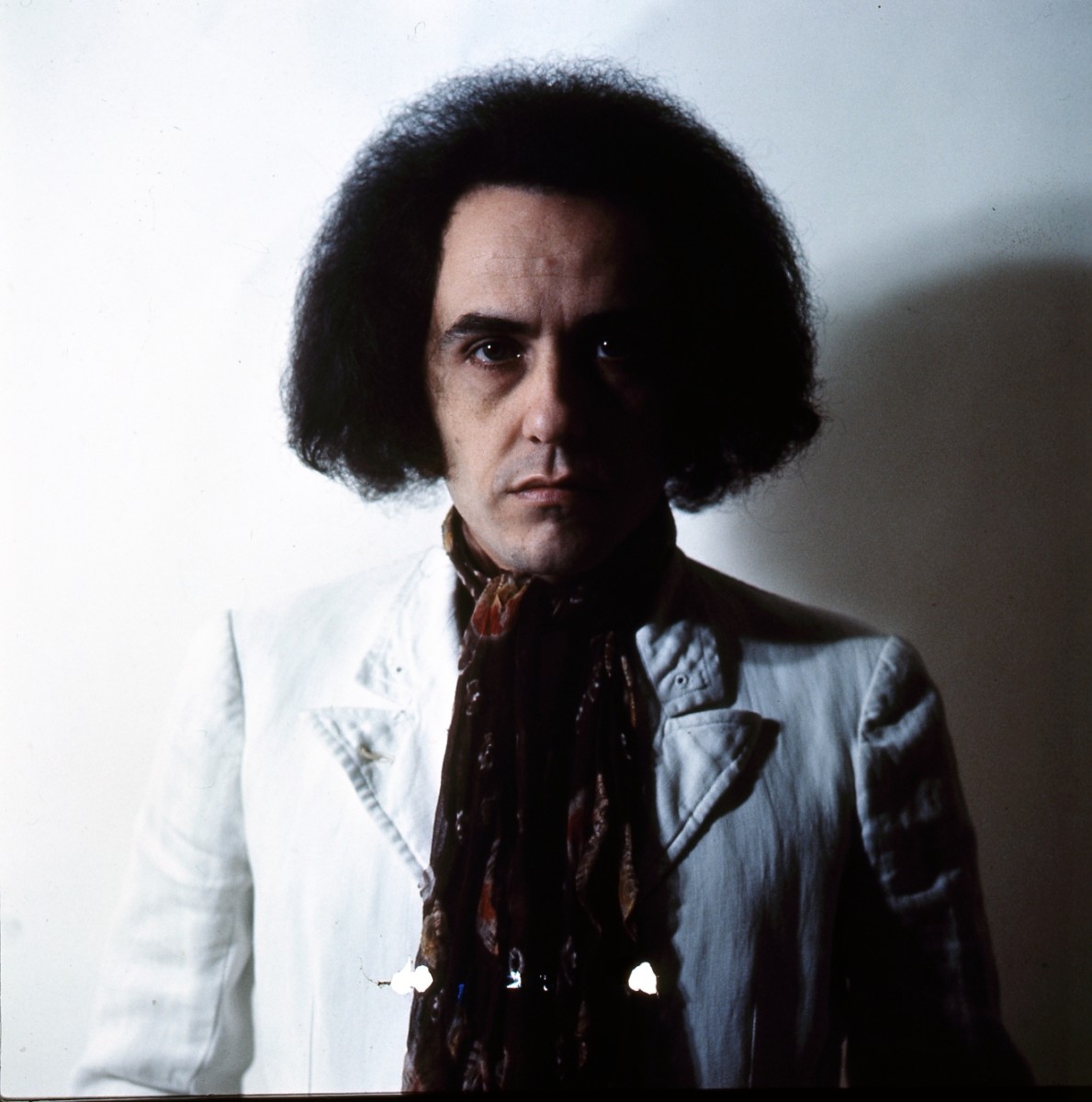Biography
Vettor Pisani (Bari, 1934 – Rome, 2011) was one of the most cultured and enigmatic artists on the Italian art scene of his time. His career as an artist engaged with real and imaginary episodes of the unconscious, through constant research into universal themes, including some that lie beyond historical time (the life, death, and fate of art), themes tempering the anguish that afflicts humanity with a highly personal and melancholy irony embued with oxymorons, such as poetry and sarcasm, metamorphosis and sadism, vertigo and phobias, philosophy and utopian fury. The artist reinterprets Duchamp and the mechanism through which he transforms images into a reinterpretation of art itself. His work is not so much, therefore, the product of a progressive and historically contextualized art as one destined to evolve in such a way as to be detached from fleeting phenomena.
Combining sculpture, installation, photography, and performance, Pisani conjures up dreamlike places populated by virgins, sphinxes, puppets, bachelor machines, dolls, simulacra, and Arnold Bocklin’s islands of the dead, which, together with his study of art history, politics, popular culture, and hermetic philosophies, overlap in a grandiose but sometimes self-deprecating way, yet always paradoxically faithful to the concept of “condensed and self-reflective space-time”.

